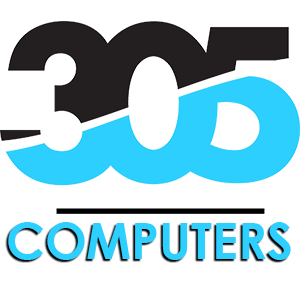When choosing which device to use for your personal computing, the technical specifications of the machine are the most influential factor on the quality of your experience. One of the most important specs to take note of is what processor your PC will be equipped with. The two most common chip options are Intel processors and AMD processors. Here is a quick rundown of each to help make your decision easier.
Intel processors are more versatile and widely used across both mac and windows operating systems. The broader use of these chips makes for easier IT work when something inevitably goes wrong on your machine. For instance, 305computers.com, a notable IT support website, suggests new users choose an Intel processor if possible as it allows for much simpler and speedy fixes.
Another factor to consider is whether the machine is a desktop or laptop computer. Most laptops have been built from the ground up with Intel in mind. Considering how most laptops cannot be modded and changed out over time, it is advisable to choose the best processor from the start. When using a desktop, there is often more flexibility when choosing parts as most things can always be replaced later. The processor is often one of these removable components, so upgrades are always possible (to a certain degree). A great practice when purchasing a new computer is to always inquire about which parts can be swapped out. The malleability of hardware becomes more critical as the machine gets older and certain parts become outdated. There are always new and more powerful processors being unveiled, so it is a great component to upgrade over time.
AMD processors have more specific use cases and aren’t often used throughout the computing industry unless for components such as video cards and the like. Generally, AMD chips are great for gaming and high-end graphical applications. 305computers.com suggests only using these chips in the scenarios listed above. While we can troubleshoot AMD processors as well, its been our focus to primarily deal with Intel related chips. This rings true across the entire IT industry, so support may take longer to arrive if you’re running an AMD machine.
For these reasons, it is advisable to stick with Intel processors when making a purchasing decision. Their adaptability and ease of support make for a much smoother experience for the majority of users. AMD processors are great for a few specific uses, but many users won’t need such specific hardware. That said, doing lots of research is always the best practice before making any decision that will impact your computing for years to come. A bit of preparation goes a long way when making your personal computing experience the best it can be for as long as possible.


Recent Comments